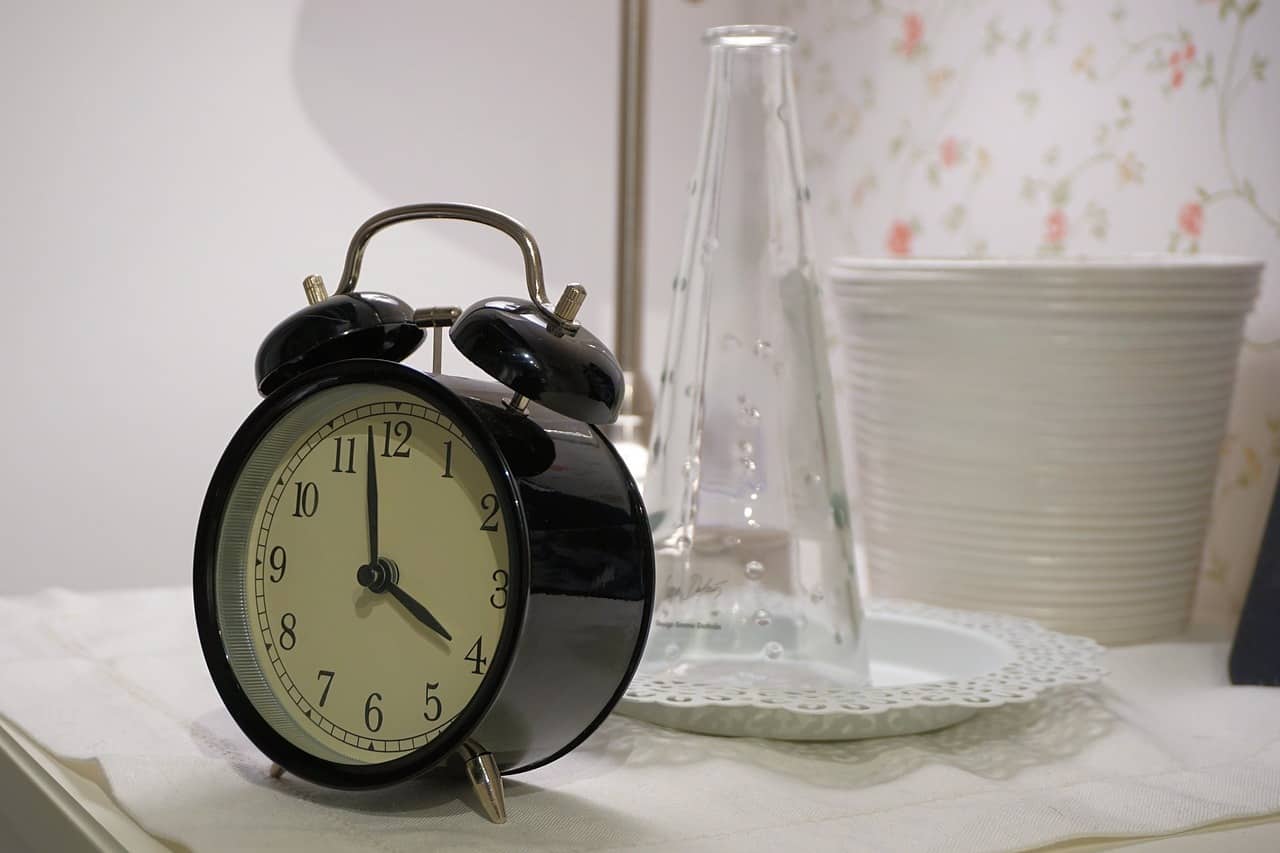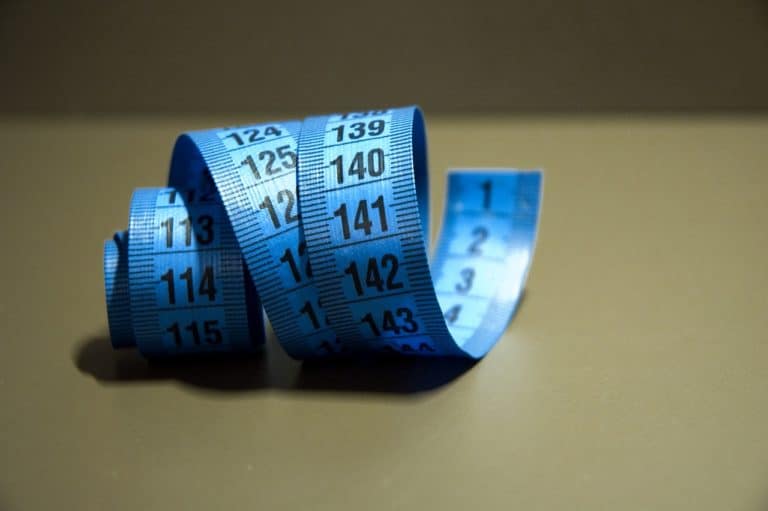How many times do you need to get up during the night to urinate? Nocturia, or waking up at night to pee multiple times, affects about 50 million Americans. Sixty-six percent of Americans who suffer with nocturia never tell their doctor because they believe it’s just a part of getting older. They also believe there’s nothing they can do about it.
The first of these two statements is true, and the second one is false. Before we go any further, there are three other things you should know about nocturia:
- It can be treated successfully
- Waking up multiple times during the night to urinate can have a negative impact on your memory, libido, mood, and weight
- If you are waking up two or more times a night to urinate, you should talk to your doctor
Causes of nocturia
Before you can successfully treat nocturia, it’s helpful to know its possible causes. Lifestyle choices and medical conditions top the list, with more specifics below. The main lifestyle choices that can cause nocturia include drinking alcohol or caffeine or too much of other liquids up to several hours before retiring.
Medical reasons are more extensive and can include the presence of an enlarged prostate, bladder prolapse, urinary tract infection, overactive bladder, diabetes, tumors in the pelvic area (including the bladder and prostate), kidney infection, anxiety, obstructive sleep apnea, swelling of the lower legs, neurological disorders (e.g., Parkinson’s, multiple sclerosis), and use of certain medications, such as diuretics.
Health impacts of nocturia
Is waking up several times a night to pee such a big deal? Actually, yes.
“People with nocturia don’t realize the dangerous impact that sleep disruption can have on nearly all aspects of their health,” notes Steven Lamm, MD, internal medicine physician and medical director at New York University Langone’s Preston Robert Tisch Center for Men’s Health.
For example, interrupted sleep (nocturia)
- Can weaken the immune system
- Is associated with a higher risk of obesity
- Increases your risk for erectile dysfunction, diabetes, depression, and heart disease
- Places you at higher risk of falling during the night, especially when you get up to go to the bathroom
- Can make you sleepy, drowsy, and/or irritable during the day
- Has been linked to low libido and low testosterone levels
- Is associated with a higher risk of developing obesity
Experts know that “restorative sleep is crucial and takes place during the first three to four hours of the night.” This span of hours is also when people with nocturia often wake up needing to urinate, which interrupts their sleep. When this disruption occurs often, quality of sleep suffers, “which can then result in decreased daytime energy and overall well-being.”
Knowing that nocturia can cause health problems beyond experiencing daytime drowsiness and low energy may help motivate individuals who suffer with this sleep challenge to seek help. Tackling nocturia symptoms may be a matter of better management of an underlying medical condition, such as those named above.
In addition, some medical treatments available are anticholinergic drugs (which reduce symptoms of an overactive bladder, an enlarged prostate, and prostatitis) and desmopressin, which reduces urine production by the kidneys at night. Unless waking up at night to pee clearly has lifestyle causes, it is recommended you talk to a medical professional.
References
Leproult R, van Cauter E. Effect of 1 week of sleep restriction on testosterone levels in young healthy men. JAMA 2011; 305(21):2173-74.
Marinkovic SP et al. Managing nocturia. BMJ 2004 May 1; 328(7447): 1063-66
Stanley N. The underestimated impact of nocturia on quality of life. European Urology 2005; 4(7)(suppl):17-19.
Van Kerrebroeck P et al. Thinking beyond the bladder: antidiuretic treatment of nocturia. International Journal of Clinical Practice 2010; 64(6):807-16.
Weiss JP et al. The evaluation and treatment of nocturia: a consensus statement BJU International 2011; 108: 6-21






